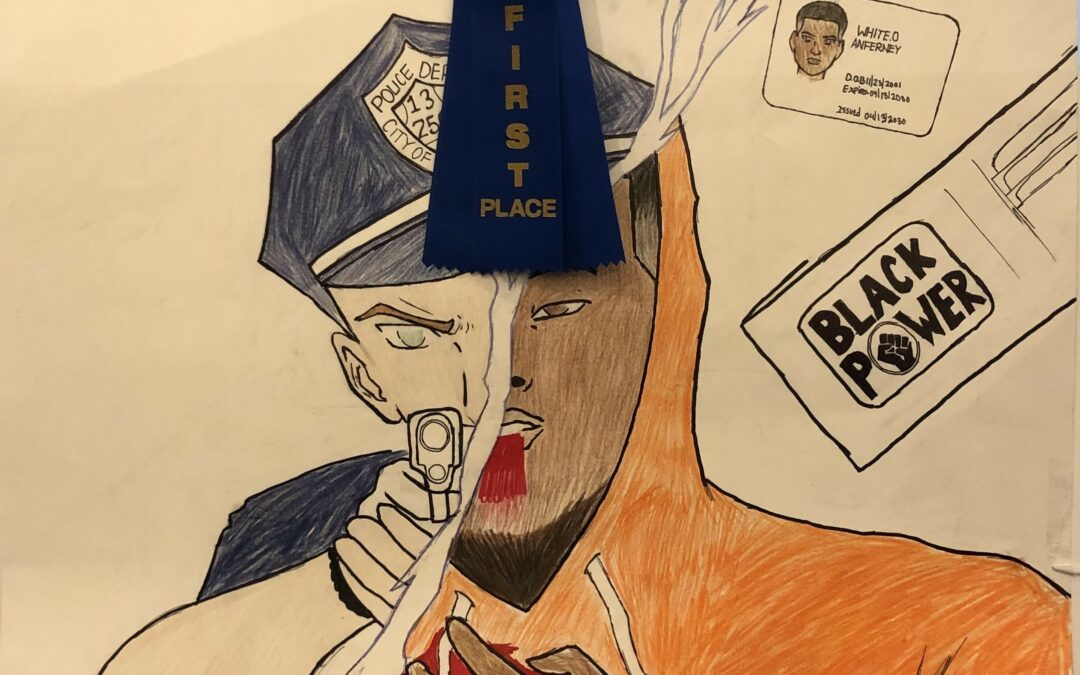Artist unknown
During the summer, the Raleigh Police Department (RPD) launched a “listening tour” as part of its announcement that it would be adopting its first de-escalation policy. This announcement came in response to strong community pressure. Persistent incidents of RPD officers using excessive – even deadly – force disproportionately against Black residents, and other people of color, reflect a national trend that has led Black Americans to overwhelmingly believe that police use excessive force against Black communities. Such violence undermines the legitimacy of policing and engenders a lack of trust from the community towards police, including in Raleigh.
Successful de-escalation in police encounters can reduce the need for physical force and maintain the safety of all involved. To that end, Team Emancipate has provided RPD with its feedback on the draft policy.
At Emancipate NC, we believe public safety policy should follow three primary mandates:
- A guardian, rather than warrior, mentality. Civilian populations are not the enemy. State agencies should have a goal of protecting the population, not to treat them as enemy combatants.
- Utilize de-escalation in tumultuous situations, rather than escalating tension. Reduce the immediacy of the threat so that more time, options, and resources can be called upon to resolve the situation without the use of force.
- Bring other institutions into the fold, such as the use of non-law enforcement specialists that exist outside of and separate from law enforcement to link people in crisis to community resources, rather than criminalization and jail.
The best de-escalation policies incorporate all three of these directives. While its draft de-escalation policy moves RPD in the right direction, it falls short of model policy in several ways.
